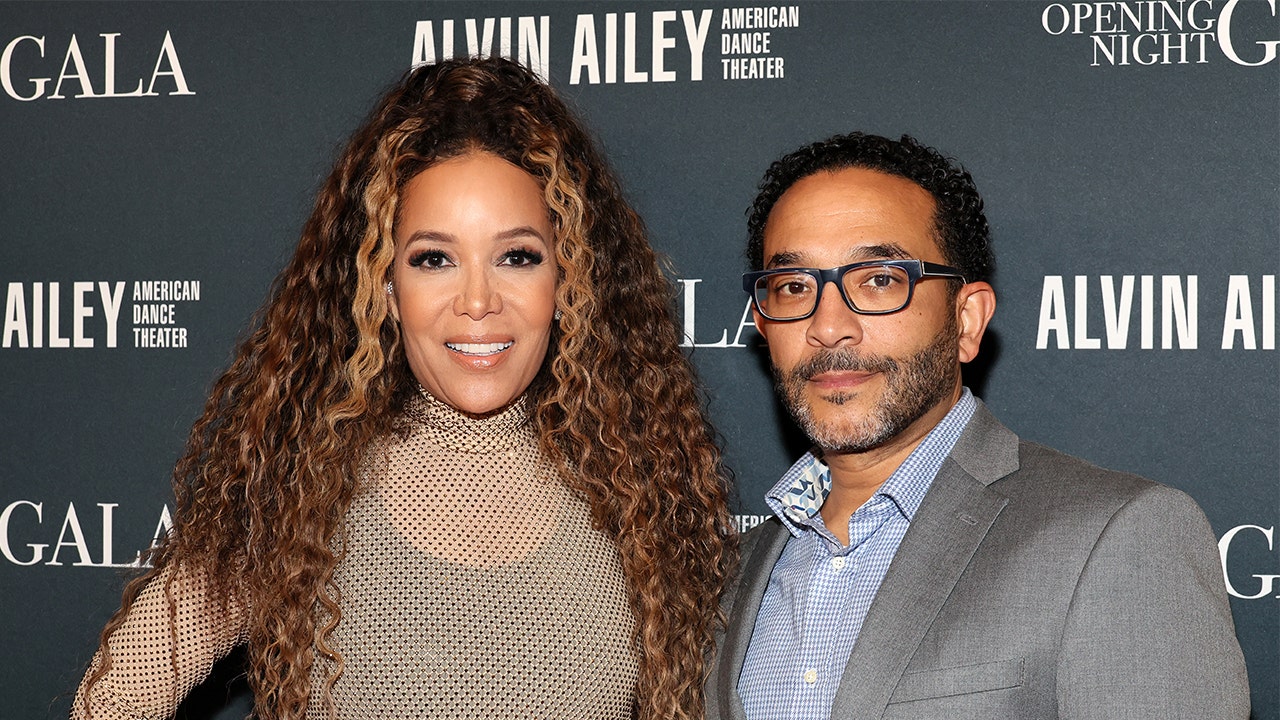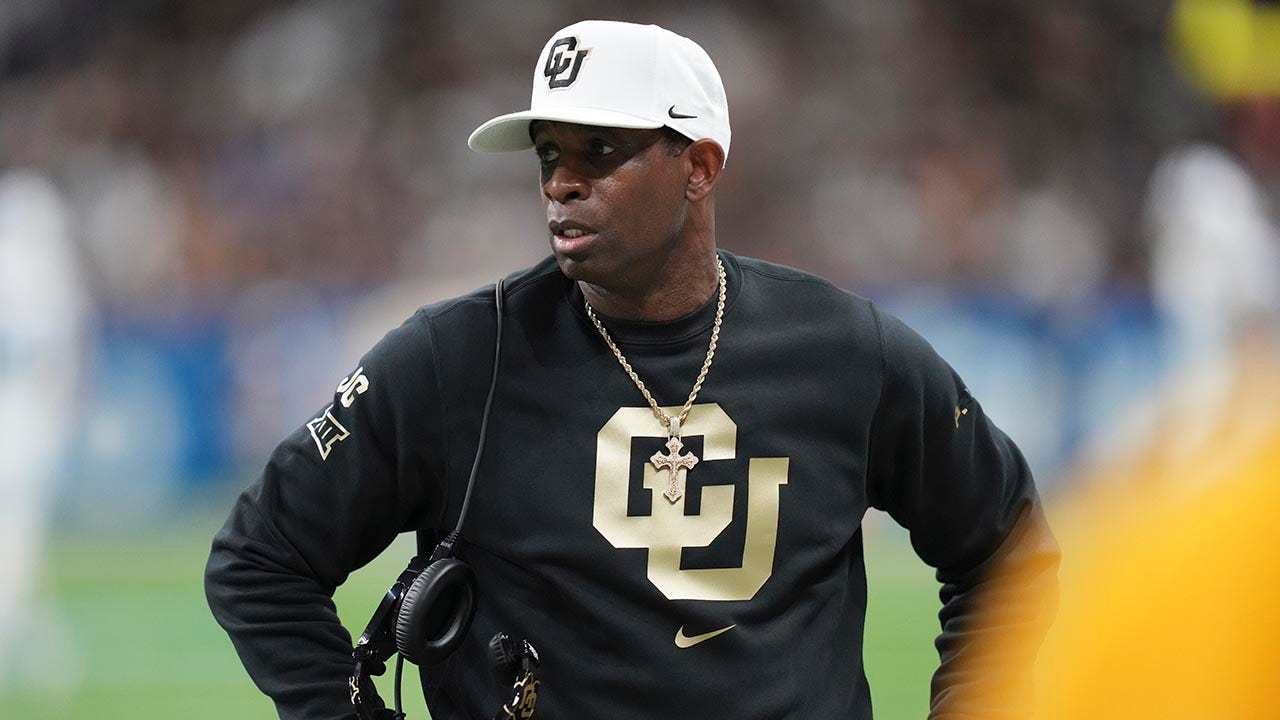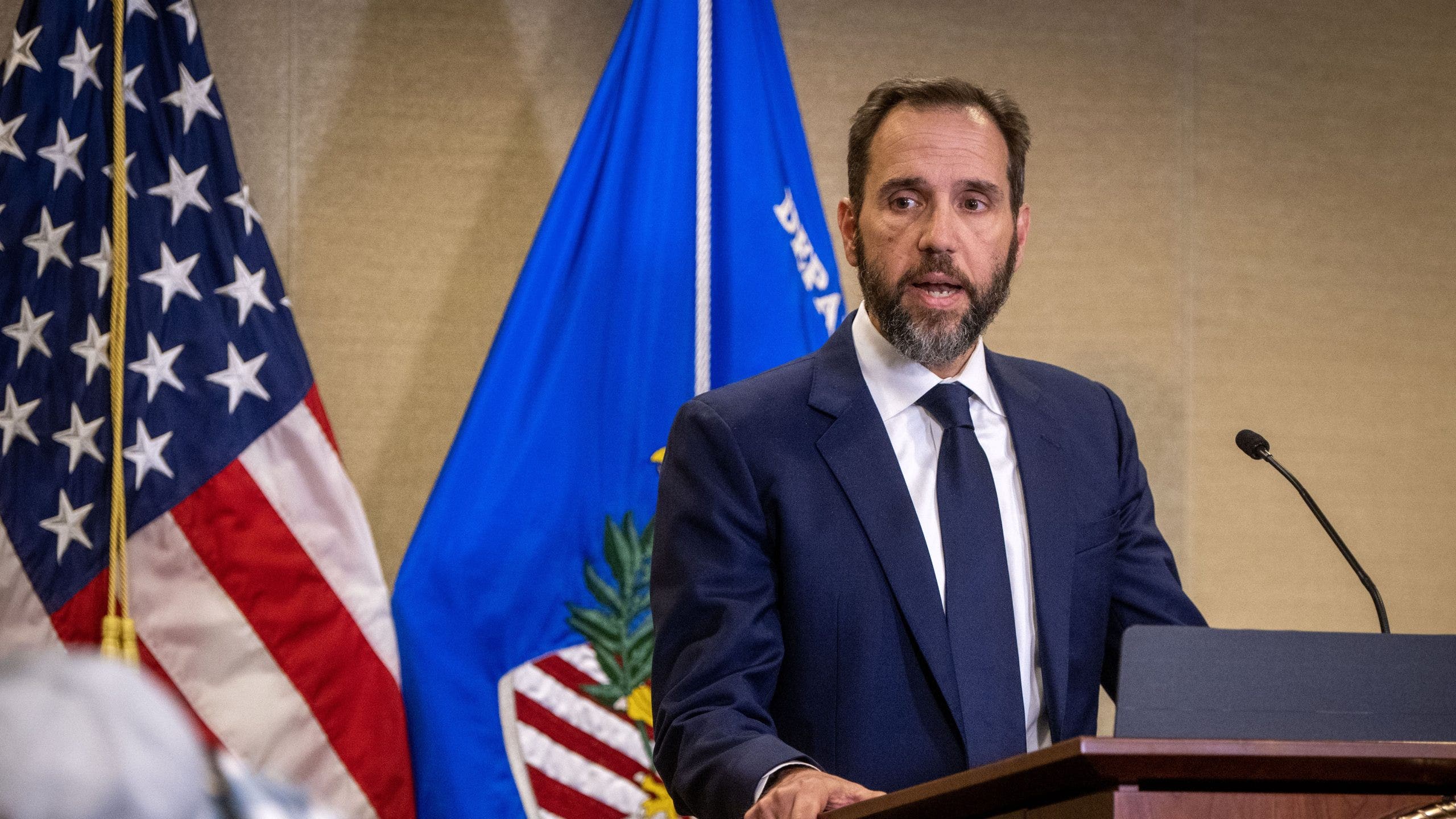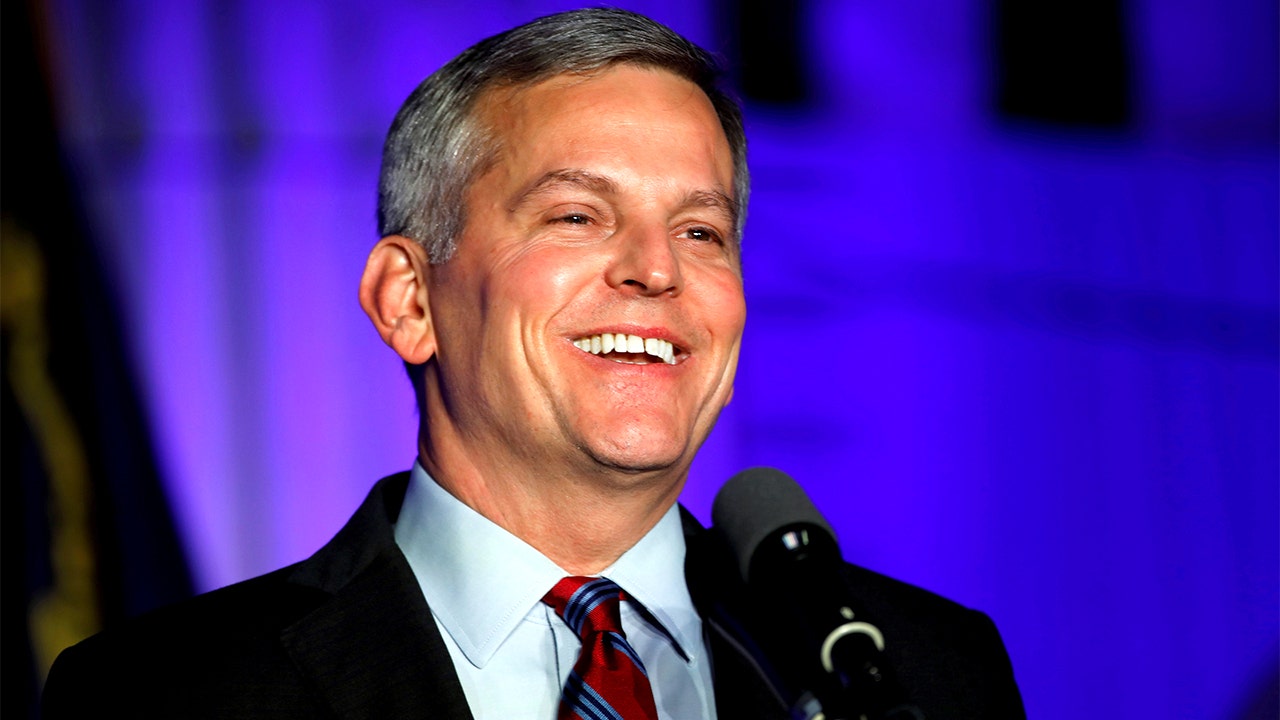Following the relatively few election issues that occurred on Election Day, the election integrity movement has celebrated its wins and continues to look ahead to securing the nation’s future elections.
While the Republican National Committee and its allies monitored polls on Election Day and are still watching ballot counting in places like Arizona, election integrity groups are reviewing the relative success of election security and focusing on ensuring that election policies are implemented by Republican majorities starting next year.
“We still have a lot of work to do”
After election integrity wins for state ballot measures, and with a Republican president in the White House next year, a Senate with a Republican majority, and most likely a Republican-led House of Representatives, election integrity advocates are optimistic about the future of election security.
On Election Day, Election Integrity Network Founder Cleta Mitchell posted on X that she was looking forward to the work that the election integrity movement still has to do.
“The next chapter of election integrity after this election will be a greater push for changes in state AND federal law to close loopholes and strengthen accountability and transparency,” Mitchell wrote.
“We still have a lot of work to do to permanently protect against noncitizen voting, to clean the voter rolls in every state, to require authentic post-election audits, to ensure there is reconciliation to make sure every vote is tied to an actual ballot and that the number of voters, ballots, and votes match – and a ton of work to do on transparency of elections. We have much yet to do to restore fair elections in many states – where convoluted voting systems imposed by the left are repealed. Every state must have a level playing field for all candidates and parties. Work to do, people!! Lots of it!”
Meanwhile, the RNC is still working in various states to ensure the security of ballot counting.
“For anyone wondering, none of our EI staff in any state has been released,” RNC Co-Chair Lara Trump posted on X on Friday. “The [GOP] worked closely with the the [sic] NRCC all cycle to build our historic Election Integrity program and we’re still working with them to make sure [Donald Trump] has a majority to work with in the House.”
“Our teams are still on the ground in CA, AZ and OH working with campaigns and state parties to see these races through until end. WE’RE STILL WATCHING”
RNC Chairman Michael Whatley posted on X on Saturday about an election integrity “operational update.” “The RNC, our state parties and legal teams remain fully engaged in every state where votes are still being counted — including Arizona, Maine, Nevada and Pennsylvania,” Whatley wrote.
“We will continue to aggressively protect the vote and defend every Republican candidate throughout vote counting, canvassing, and tabulation. We will be on the ground until all votes are counted and finalized. Protect the Vote!” he continued.
“We have attorneys and volunteers on the ground working with California Republicans to protect our candidates in each of the Congressional races where votes are still being counted. Our program was built to deploy ahead of the vote, during the vote, and after the vote.”
As the RNC focuses on the remaining races, Honest Elections Project Executive Director Jason Snead told Just the News on Thursday how election integrity ballot measures won across the country, resulting in a “complete and utter rout” of left-wing election policies.
Ranked-choice voting (RCV) has largely been defeated in state ballot measures. There were ballot measures in nine states and Washington, D.C., most of which aimed to implement the election system.
RCV is an election process whereby if no candidate receives more than 50% of the vote, then a runoff system is required. When voters cast their ballots, they rank each candidate in order of first-to-last.
Missouri is the only state that had a ballot measure to prohibit RCV. The measure also included a requirement that only U.S. citizens vote in the state’s elections. The ballot measure was passed, according to NBC News. Missouri is the 11th state to ban RCV.
Alaska is one of two states that has RCV statewide and is the only state with a ballot measure to repeal the election system. The results of the ballot measure are close, but it may pass, if the final vote tabulation follows the trend of “yes” votes leading the “no” votes.
Of the ballot measures to implement RCV statewide and in the nation’s capital, the only one that has passed is Washington, D.C.’s.
There were also eight states with constitutional amendments to prevent non-citizens from voting in state elections. The state were Idaho, Iowa, Kentucky, Missouri, North Carolina, Oklahoma, South Carolina, and Wisconsin. The ballot measures have been projected to pass, according to NBC News. The percentage of votes for passage of the ballot measures ranged from 62.5% in Kentucky to 85.8% in South Carolina before all the ballots have been counted.
Regarding election night itself, Snead said that, overall, the election went “much more smoothly than it did in 2020.” In some cases, it was because states like Georgia had enacted election integrity laws to better secure their elections.
The Safeguard American Voter Eligibility (SAVE) Act
“There were fewer problems across the board this year,” he added. Even in states like Michigan, where “election laws went 180 degrees in the wrong direction,” the election “went more smoothly” without COVID-19 election rules, “last-minute litigation rewriting rules all over the place,” and “mass auto-mailing of ballots,” Snead said.
The fact that it was “not a close election also helped,” he noted.
Looking ahead to next year, while Snead warned against using federal power to implement election integrity measures that should be enacted at the state level, he noted that there are some election issues that Congress can tackle.
Passing the Safeguard American Voter Eligibility (SAVE) Act, which would amend the 1993 National Voter Registration Act (NVRA) to make states require documentation of a person’s citizenship before registering to vote in federal elections, is within Congress’ purview, he said.
The NVRA has “become a straightjacket on voter list maintenance,” Snead said, as “technology has changed a lot” in the 30 years since the enactment of the law, giving states more tools to maintain voter rolls.
On the state level, there is still a lot of election integrity work to be done, Snead noted. Voter ID laws need to be strengthened, especially for mail-in ballots, he said, as well as better maintenance of voter rolls, creating state offices “to investigate and prosecute election fraud,” ban “Zuckerbucks 2.0,” and ban foreign funding of state ballot measure campaigns.
“I guarantee the left is doing postmortem,” Snead said, as they consider “litigation, law changes, lobbying, and maybe a renewed push at RCV in different places, so we can’t do any less.”
Natalia Mittelstadt graduated from Regent University with Bachelor of Arts degrees in Communication Studies and Government.
Reprinted with Permission from Just The News – By Natalia Mittelstadt
The opinions expressed by columnists are their own and do not necessarily represent the views of AMAC or AMAC Action.
Read the full article here










